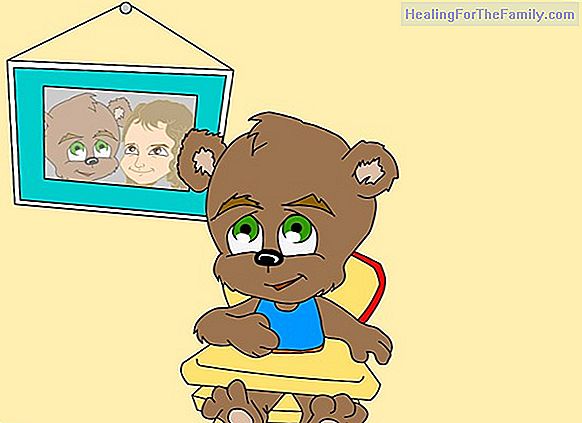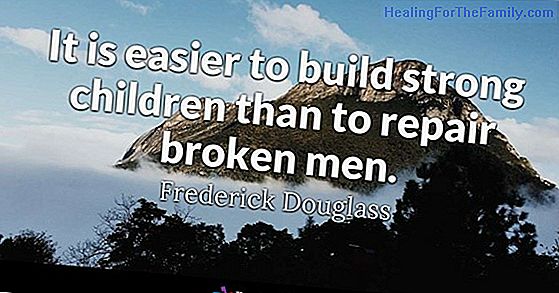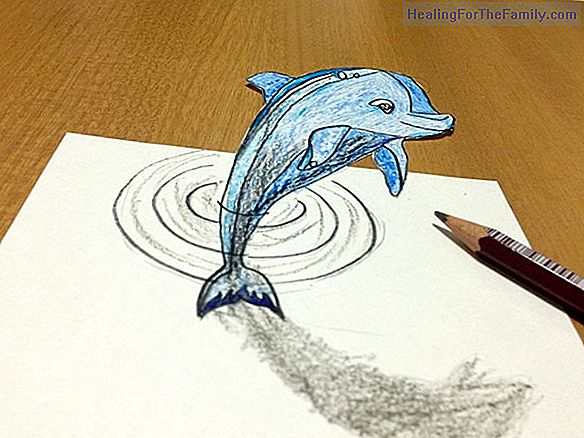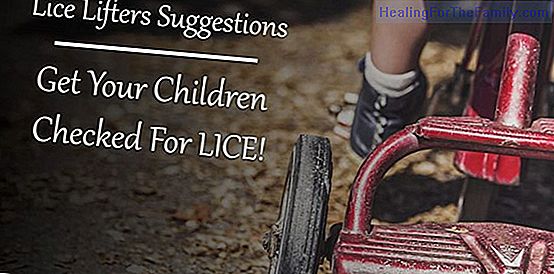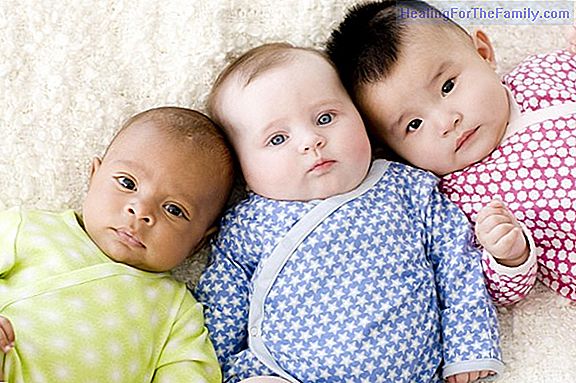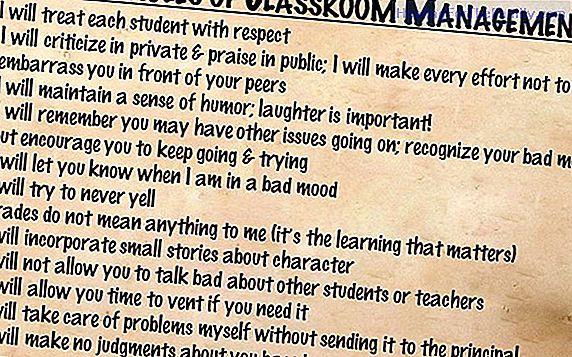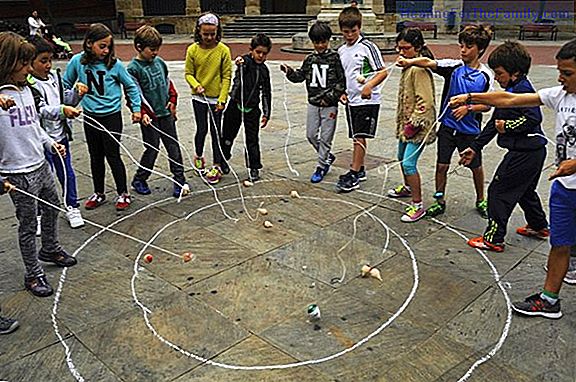How to explain a catastrophe to children aged 3 to 6 years
Natural catastrophes, accidents and, in these times, the reality of violence and terrorism are situations that demand an immediate response from adults in the face of reactions that may trigger these realities in the smallest and offer them protection. How can we talk to a child of 3 to 6 years of a
Natural catastrophes, accidents and, in these times, the reality of violence and terrorism are situations that demand an immediate response from adults in the face of reactions that may trigger these realities in the smallest and offer them protection.
How can we talk to a child of 3 to 6 years of all this news that speaks of catastrophes and dramatic events?
What to keep in mind when explaining a catastrophe to a child from 3 to 6 years
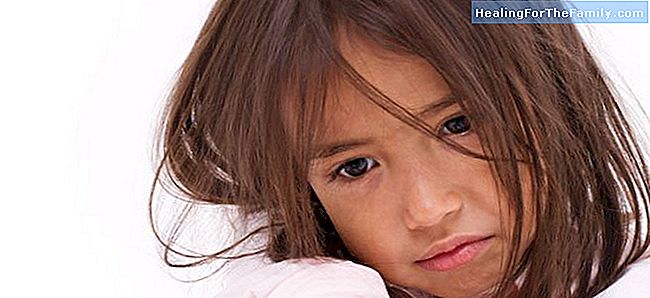
We must bear in mind that children from 3 to 6 years old believe that death is a temporary and reversible state. They understand that the deceased is sleeping, therefore he continues to breathe and at some point he will wake up. Also, they believe that just thinking things happen. So, if they think something bad happens to someone and this really happens, the child will believe that it has happened because he has wanted it.
In this age group they interpret the world and the things that adults explain to them in a literal way.
How children react when they experience these situations first-hand
Each child is different and has a way of reacting. The reactions of fear, sadness and anxiety vary. They are not equal to that of adults and neither are they between those of one child and another. Reactions may occur, such as:
- They will talk more than usual, they will be more agitated or they do not speak at all because they have difficulty expressing what bothers them.
- Sometimes, they will show their pain through the game.
- They will feel generalized fear, such as being alone, afraid to sleep or a specific animal.
- Restlessness before the possible loss of another known person.
- They have no certainty about who is going to take care of them or take them to school
- They lose autonomy and can present regressions in their behavior, such as urinating in bed, not eating alone, not knowing how to dress, etc.
- They may suffer from sleep disturbances such as having nightmares, waking up agitated, not wanting to go to sleep alone.
Faced with these behaviors, adults should follow the scheme of containing, calming, informing, normalizing and comforting.
What happens when these catastrophes are experienced on television
Adults can come to think that children are not interested in news programs and that they do not pay attention to them. But, on the contrary to those who think, children attend, learn and remember with great emphasis what they see on the screen. Unlike movies or entertainment shows, the news is real.
To alleviate the fears of children about the news, parents can: Ejer - Exercise as 'socialization agents', that is, explain to the children the images and comments that appear on the small screen and the dimensions of what happened .
- Offer the truth but only the truth that a child should know. Be as truthful and as non-explicit as possible. There is no need to go into details that the child does not care about.
- Put the news in a correct context. Show him that certain events are isolated or explain that some facts are related to others helps children understand what they see.
- See the news together with the children
to filter inappropriate news .- Anticipation and avoidance of shows that are not appropriate for the child's level of development.
- Use other media with less disturbing images to transmit the news.


